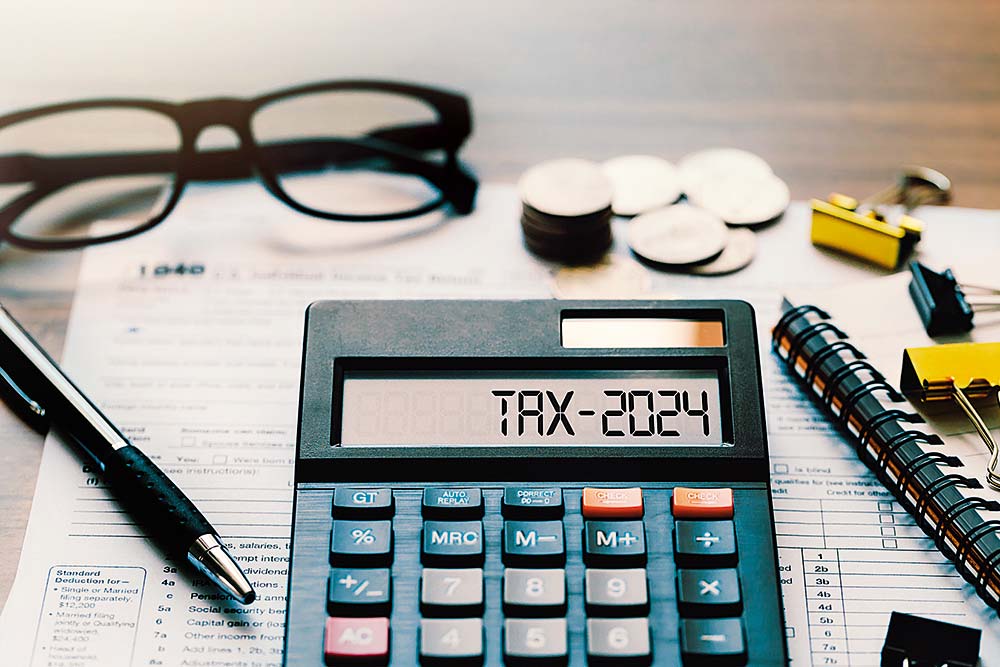Every taxpayer in India has heard about tax deducted at source (TDS). It is one of the main revenue sources for the government. Under the Income-tax Act, 1961, certain individuals or entities are required to deduct TDS for payment made towards salary, professional fees, contract payments, commission, rent and royalty, among others. TDS is also applicable on investments, such as interest earned on fixed deposits, post office deposits, and so on. The rates of TDS are fixed under the Act. The entity deducting TDS is called the deductor, while the company or person from whom it is deducted is called the deductee.

Know The Basics
- TDS is applicable on salary, interest income, brokerage, professional fees, commission, purchase of goods, rent, and investment, among others.
- Form 16 and Form 16A are varieties of TDS certifications.
- TDS rates vary widely. For example, a TDS of 0.1 per cent has to be paid on purchases and sales of assets more than Rs 50 lakh, and on salary, it ranges from nil to 30 per cent depending on the tax regime chosen. On fixed and recurring deposits interest income, TDS rate is 10 per cent.
- For non-salaried class, the deductee gets Form 16A from the deductor. It includes informations like tax computation, TDS deduction, and payments.

When Should You File?
- TDS is deducted on the due date of payment or at the time of payment, whichever is earlier.
- Under Section 271H, a minimum penalty of Rs 10,000 is levied if the deductor/collector fails to deduct TDS or files an incorrect return. Under Section 201(1A), an interest of 1.5 per cent per month is levied for late deposit of TDS after deduction.
- If your income is not in the taxable category, you may avoid TDS by submitting Form 15G. Senior citizens can submit Form 15H to the deductor in April to avoid TDS.
- Under Section 272A(2) of the Act, a penalty of Rs 100 is imposed per day for late filing of TDS, up to the TDS amount.

Deduction Of Excess TDS
- If extra TDS is deducted, you are entitled to a refund based on Form 26AS or the TDS certificate issued by the deductor. For this, you need to check the TDS amount in Form 26AS or request a TDS certificate from the deductor.
- If you file your income tax return (ITR) on time, you may receive a quick refund of the excess tax deducted. The income tax department verifies the ITR and refund claim.
- Low tax liability makes one eligible for excess TDS refund.
- Login to your e-filing account to check the status of your TDS refund claims. It can be viewed under the relevant assessment year in the ‘view details’ section.

